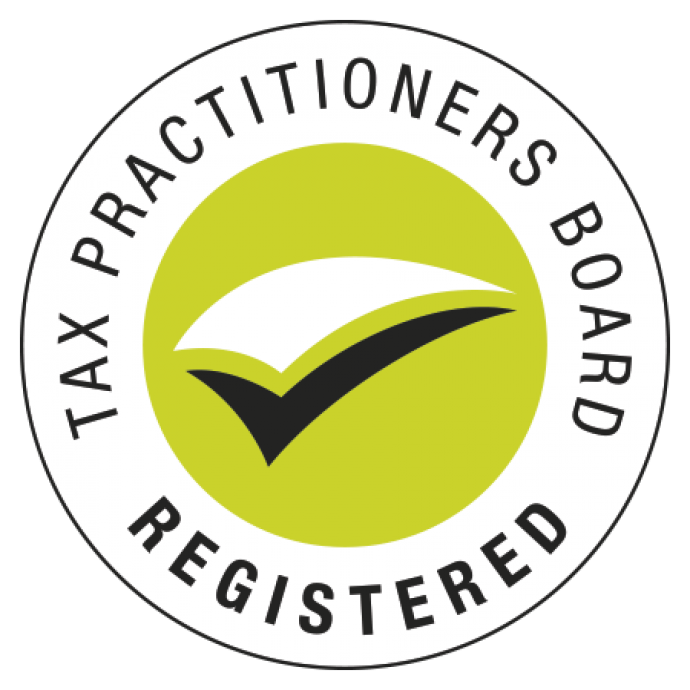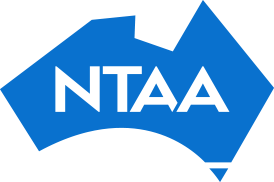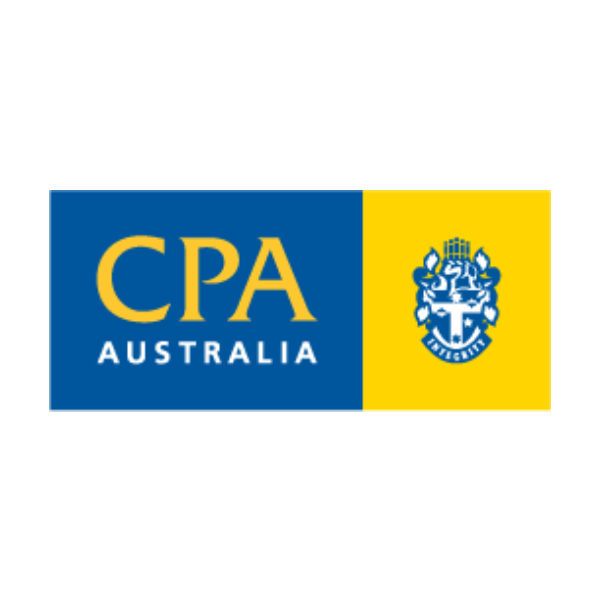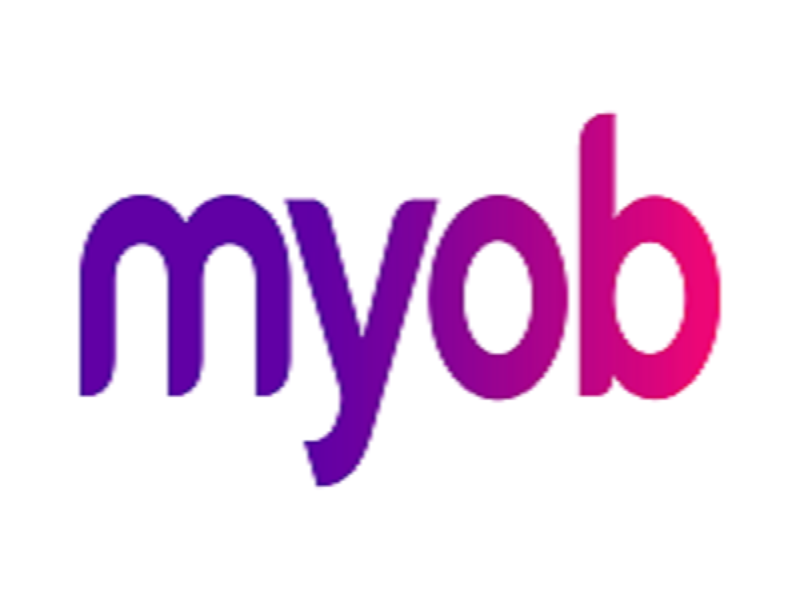Trust Income Tax


What is a Trust income tax return?
A trust is a legal arrangement by a settlor. According to the trust deed, a trustee holds and manages assets for the benefit of beneficiaries. The trustee legally owns the assets, and the trustee can then distribute the profits or capital gains or franked dividends to themselves or others if not prevented by the trust deed. The trustee is the person who distributes the trust’s assets or income and others proceed to the beneficiaries. A trustee can be either a real person, known as an ‘individual trustee’, or a company, known as a ‘corporate trustee’. The beneficiaries may receive the benefit of the trust’s assets through income or capital gains or franked dividends that the trustee distributes to them. A trust is not a separate entity but is treated as a separate entity for taxation purposes and paid no income tax, unless there is a breach of duty by the trustee.
The establishments of a trust are for asset-protection and offer tax efficiency through optimising income and capital or franked dividend's distribution to the beneficiaries. It is the most tax effective business structure. The tax benefits arise because the trustee can make income distributions to any beneficiaries, including individual trustees who sit in different marginal tax brackets. For example, a trustee can distribute all the profits to certain beneficiaries whose annual income does not reach the tax-free threshold and so paid no income tax. The beneficiaries receive the income and capital gains will have to pay tax on those distributions at their personal marginal tax rates.
Trusts are not a separate entity. Therefore, the trustee is liable for all business debt or liability. The Trustee is responsible for all business operations and incurred ASIC and tax compliance obligation.
What is a Trustee?
The trustee is the person or company that legally holds the trust’s assets and who administers the trust. The trustee holds those assets for the trust for the benefit of the beneficiaries. The trust deed will outline the trustee’s powers and obligation. The trust deed is the formal governing document of the trust. It will outlines in details of the trustee fiduciary duty. The trust income or capital gains or franked dividends doesn’t need to be paid for trust structure. The beneficiaries pay tax from income or capital gains or franked dividends received. The trustee manage the business assets are responsible for all indirect taxes or compliance incurred by the trust.
- The trustee owns the trust’s assets
- The trustee makes distributions to the beneficiaries.
- The trustee must lodge trust income tax return
What is an Individual Trustee?
An individual trustee is simply where the trustee is a person. The title to the trust assets will sit with the person as trustee for the trust. Though the person legally owns the assets, they must hold the assets for the benefit of the beneficiaries.
What is a Corporate Trustee?
A corporate trustee is a company that acts as the trustee of a trust. The company is incorporated with the sole purpose of acting as a trustee, not for conducting its own business. Therefore must register for a business name if a trust is not use for business operation. The corporate trustee has shareholders and directors. Ultimately, it is the directors of the corporate trustee who control the trustee and consequently control the franked distributions of the trust.
There are 8 types of trusts and the most common type of trust are Fixed Unit Trust and a Discretionary Trust. The common Fixed Unit Trusts, and Discretionary Trusts are not fixed. Beneficiaries of a Unit Trust are similar to shareholders in a public company. The beneficiaries can be referred to as Unit Holders each hold the beneficial assets in the trust assets. A discretionary trust allows the Trustee use their own discretion to distributions income or capital gains to the Beneficiaries.
A trust business structure has obligation to lodge annual tax return when it is due for lodgement. If the trust is carrying on an enterprise or business activity in Australia, they're required to registered for ABN, TFN, PAYGW and also the beneficiaries registration must be complete.
Cost of a Trust
At Linssy & Co Accountants we can help you to establish your own discretionary trust or Fixed Unit Trust under the Australian law. The setup cost for a Discretionary or Fixed Unit Trust with legal documents is $1250 plus GST and will include the followings documents:
- Trust deed documents
- Required minutes for trustee appointment
- Unit holders certificates where applicable
- stamp duty fee payable to RevenueNSW
- Application for TFN
- Application for Trust ABN
- Application for GST and PAYG withholding
A trust is a relationship between the trustee and the beneficiaries. In contrast to a company, a trust generally does not pay tax on trusts as it is not a separate legal entity. Instead, tax is paid either by the beneficiaries of the trust or the trustee.
- The beneficiary pay tax on incomes
- The trustee pay tax for undistributed profits or minor with disability or non resident Australian;
- The beneficiary pay tax on capital gains tax (CGT) and eligible for 50% discount if hold asset more than 12 months but not company
- Beneficiaries can utilise capital losses they have against capital gains distributed to them from a trust
Tax Paid By Trust Beneficiaries
Usually, beneficiaries of a trust pay tax on their share of trust income to which they are:
- Presently entitled
- Specifically entitled.
Accordingly, when the beneficiary prepares their tax return, they must include any trust distributions as part of their income. The taxation rate on these distributions is:
- the marginal tax rates, for individuals; or
- a flat rate of 30% for corporate beneficiaries.
Present Entitlement
A beneficiary is ‘presently entitled’ to trust income if they have a right to demand payment from the trustee at the end of an income year. Whether the beneficiaries right exists depends on:
- The type of trust
- The terms of the trust deed.
For example, a beneficiary in a unit trust may have a fixed pro rata entitlement to all of the income, capital gains, capital and franked dividends of the trust. On the other hand, a beneficiary of a discretionary trust has no right to any income or capital gains or franking distributions of the trust. The trustee has the ultimate discretion how income are to be distributed. The present entitlement is different to physical distribution. Beneficiaries may be taxed on a present entitlement even if nothing was physically distributed to them.
Specific Entitlement
A beneficiary is specifically entitled to a capital gain received by a trust if:
- The trust documents clearly record the entitlement; and
- The beneficiary expects to receive income, capital gains or franked distributions.
The Specific entitlement can only arise under the terms of the trust. For example, where, under the terms of a trust deed, specified beneficiaries are already entitled to trust property and the trustee sells that property making a capital gain. A beneficiary can be specifically entitled to a capital gain of a trust even if they do not receive any of the trust’s income.
A trustee of a resident trust can choose to be specifically entitled to franked distributions or capital gain provided if no part of the capital gain is paid or applied for the benefit of a beneficiary. The trustee will pay tax for no income has been distributed to the beneficiaries
For tax purposes, a trustee can stream fully franked dividends or capital gains to specific beneficiaries provided the trustee has the power either express or implied under the trust deed.
An express power to stream may arise where the trust deed empowers the trustee to separately account for distinct classes of income or capital, and where the entitlements of beneficiaries may then relate to those classes.
A streaming power may be implied if the trust deed empowers the trustee to distribute income or capital at their absolute discretion and there is nothing further in the trust deed, or trust law in the relevant jurisdiction, which limits that power.
Tax Paid by Trustees
If there is trust income to which no beneficiary is entitled or undistributed, then the trustee must pay tax on that income. Trustees must pay tax on this undistributed income at the highest marginal rate of 45%. The trustee must also pay tax on trusts where trust income is distributed to minors of non-Australian residents or beneficiaries with disabilities.
The Capital Gains and CGT 50% Discount
The trust’s taxable income includes capital gains. These flow out to the relevant beneficiaries either:
- Proportionately (if presently entitled); or
- In accordance with the specific entitlement rules.
The Trusts may be eligible for a 50% CGT discount, depending on whether the beneficiary is an individual or a company. Individuals are generally eligible for the CGT discount in relation to capital gains incurred on properties or assets that they have held for more than 12 months. In contrast, companies do not qualify for capital gains 50% discount. Further, the CGT discount is not available to a trustee when the trustee is taxed on any undistributed income sourced from capital gains.
The trust’s capital gain can be streamed to beneficiaries for tax purposes even if they don’t have a present entitlement to trust income by making them specifically entitled to the capital gain. A trustee has until two months after the end of the income year to make a beneficiary specifically entitled to a capital gain. The franked distributions of a trust are taxed to the beneficiaries and allocate the franking credit attached to the distribution.
Accounting for income losses
The beneficiaries cannot offset their income using tax losses incurred by a trust. The trustee, can carry forward losses and offset them against future trust income.
A trust required to lodge a tax return, primarily for data-matching purposes. The ATO data matching the distributions disclosed in the trust return against the trust distributions stated by the relevant beneficiaries in their tax return.
Contact Us
Complete the form below and one of our qualified and experienced staff will get in touch with you. You can also call us on 0411 913 825






